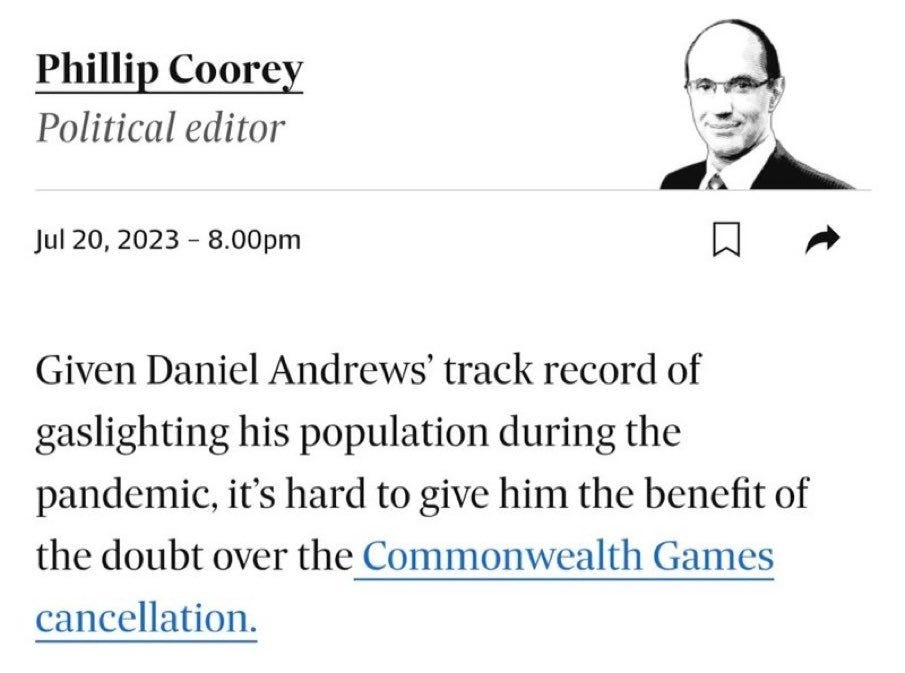The #transitzone podcast team—me, Peter Clarke and Margo Kingston—spoke with Member for Mackellar Dr Sophie Scamps the other day, and I have to say it was a pleasure. I know you aren’t meant to say stuff like that for fear it will make you look biased or whatever, but it was a real reminder for me, in these dark days, of how dire so much of our politics is.







The conversation we had highlighted how corrupt we have allowed public discussion to become; or rather, the extent to which the relentlessly combative and confrontational approach of the mainstream media, along with the endless compromises two-party politics forces politicians into, only becomes apparent when you step outside that dynamic.
I think we manage to do that in this podcast.
The issue isn’t about civility, per se, as so many pearl-clutching commentators insist. It is about honesty. Integrity. Maturity. A willingness to compromise and listen. More importantly, a willingness to see the problems staring us in the face and name them.
But it is also about a willingness to not compromise and to stop listening to the nonsense and lies that dominate public discussion on everything from the Voice to climate change.
As poet and activist Georgina Woods tweeted the other day, “If your analysis is that Oz isn’t capable of deep, ambitious change for climate rescue, because it’s in thrall to global extractive capitalism, your tactics need to match the radicalism of your position: get out of the commentary business and into a D-lock.”
Insisting on “civility first” puts the cart before the horse. Commit to reasoned and reasonable debate and civility takes care of itself, the paradox being that that civility must be underpinned by a stratum of activists who are willing to use uncivil means.
You don’t think so? Then maybe you can’t handle the truth.
Of course, Dr Scamps made another decision about how to act—she got herself elected—and I’m not sure she would agree with what I’ve just said. But I am confident we could figure it out, in a way that I am not confident I could figure it out with the major parties.
Which is the point I am heading towards.
Politics isn’t about getting everything you want, but you need to be confident that in conceding control, you are not handing the steering wheel to a psychopath. Or even to someone who is going to take you on an unnecessary detour.
At one point in the discussion Scamps talks about the disagreements that occur amongst members of the crossbench, and she talks in terms of a mutual respect between them and a willingness to be “critical friends”, and this is another tool of politics that is rendered useless by the party system where the major players score points off each other; where the media characterises any politician who changes their position on something as having done a backflip, as being weak and untrustworthy.
Dr Scamps did note that democracy requires robust debate, and I think it is important to remember that community engagement is based in a recognition of this fact, that it isn’t some hopelessly romantic communitarian, kumbaya idea of everyone holding hands and smiling at each other. As Scamps noted:
I think people understand that it's good to have really robust candidates and options and that the best thing for our democracy is that we're challenged. I think it's important for the robustness of our democracy to be challenged with the other good candidates.
Politics is inevitably about disagreement, and I am quite a long way from Dr Scamps on any number of issues. But I would be happy to have many more like her in our parliament.
The overarching problem is that our circumstances are increasingly throwing up situations that go well beyond the robust and are rapidly sliding into the realm of the existential, and it renders a lot of the niceties of democratic theory—not exactly moot—but in need of a robust rethink.
We need to recognise that there is a growing cohort of people who are desperate for real leadership, who are equally frustrated by the LNP’s stupid culture wars as they are by Labor’s incrementalism. As Redbridge analyst Alex Fein noted the other day:
We hear in our research over and over again that voters immensely dislike what they call ‘bandaid’ solutions. They see such piecemeal approaches as products of political cynicism that try to meet the demands of short electoral cycles - that incentivise poor decisions which are in direct opposition to the bold, systemic reform they want.
The tragedy of our time is that, by and large, our main political institutions are not up to the challenges we face, whether that institution is the public bureaucracy—with its failures of #Robodebt and the many PwC debacles—or the political parties themselves—mired as they are in self-preservation and self-interest. The LNP is increasingly extreme, while Labor wastes time pumping up the tyres of a vehicle that needs a new engine.
We have to build bridges over, and tracks around, the impediments that confront us, and the community engagement that candidates like Dr Scamps have championed is a huge part of that and I welcome it. But it is a methodology that, so far, hasn’t been able to find purchase in poorer electorates and that is the challenge the community independents’ approach faces: to extend the crossbench of critical friends beyond the leafy electorates.
Anyway, I hope you enjoy this brisk conversation.









Share this post